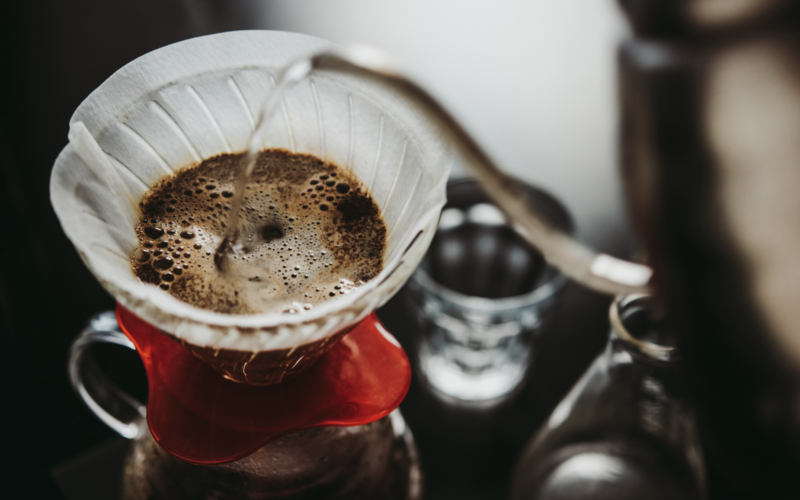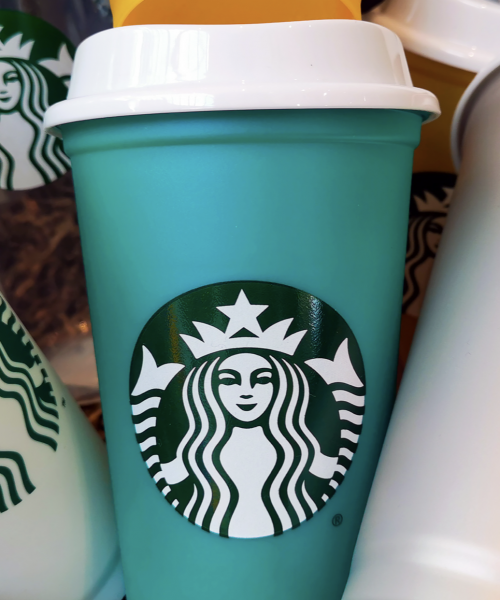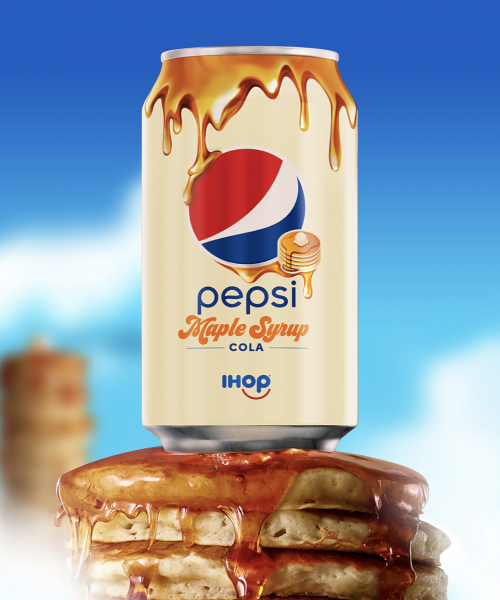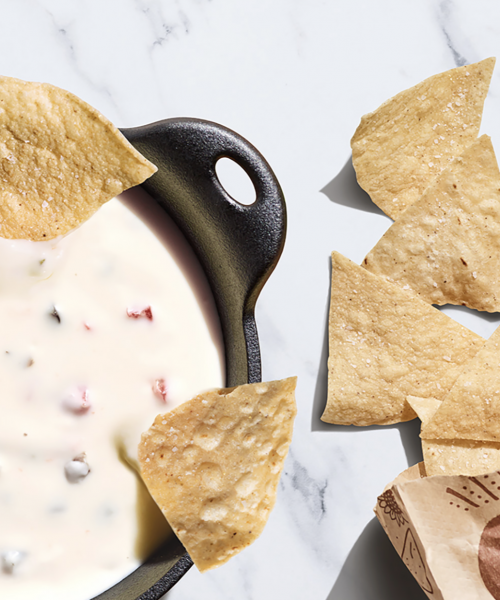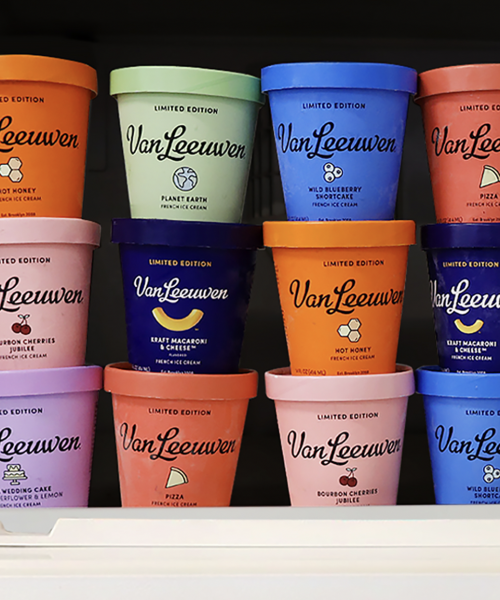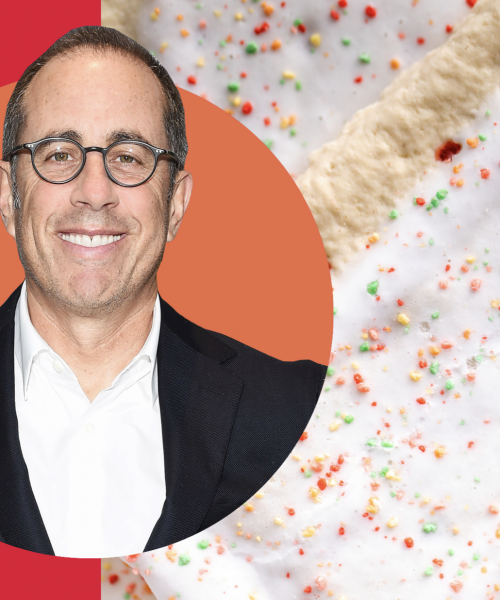By Mike Pomranz | FoodAndWine.Com
Troy Warren for CNT #Foodie
New research found that a natural inclination to caffeine was more important than taste when choosing how to drink coffee.
Scientists have long known that genetics help determine a preference or distaste for bitter foods. Scientists have also learned that genetics can determine how quickly our bodies process caffeine – causing some people to crave more of the stimulant than others. But a new study has found that when people drink their coffee black, it may be the caffeine more so than the flavor their after.
The research – led by Marilyn Cornelis, an associate professor of preventive medicine at Northwestern University’s Feinberg School of Medicine and published in Nature’s Scientific Reports – original assumed that taste preferences were likely the culprit that was driving black coffee drinkers to forgo milk and sugar; but instead, a person’s caffeine sensitivity – specifically, those who metabolize caffeine faster – turned out to be more strongly associated with their coffee preferences.
This isn’t to say that having a genetic appreciation for bitter flavors wasn’t a factor, just that the genetic connection to caffeine was more prominent. Or another way to think about it: Some people’s lust for caffeine may outweigh their dislike of bitter flavors. Meanwhile, taste still played a major roll, but for different reasons that the researchers initially expected.
“Our interpretation is these people equate caffeine’s natural bitterness with a psycho-stimulation effect,” she told CNN. “They learn to associate bitterness with caffeine and the boost they feel. We are seeing a learned effect.”
Cornelis said that held true for other bitter, caffeinated foods like tea and chocolate. “When they think of caffeine, they think of a bitter taste, so they also enjoy dark chocolate,” she continued. “It’s possible these people are just very sensitive to the effects of caffeine and they also have that learned behavior with other bitter foods.”
As for how this research may be used in the future, the paper’s conclusion states, “This apparent disruption of an innate aversion to bitter taste and its genetic correlation with coffee preferences has important relevance to food and beverage development” – which seems like it could translate to the idea that it doesn’t matter what a drink tastes like if you put mind-altering stimulants in there!


























